Germany has resolved to replace fossil and nuclear energy with renewables – but the process is more complicated than that. Most of all, it involves lower energy consumption through efficiency and conservation and requires that energy consumption be tailored to availability. And in addition to all of this, people who used to be mere consumers will increasingly also become energy producers (“prosumers”).
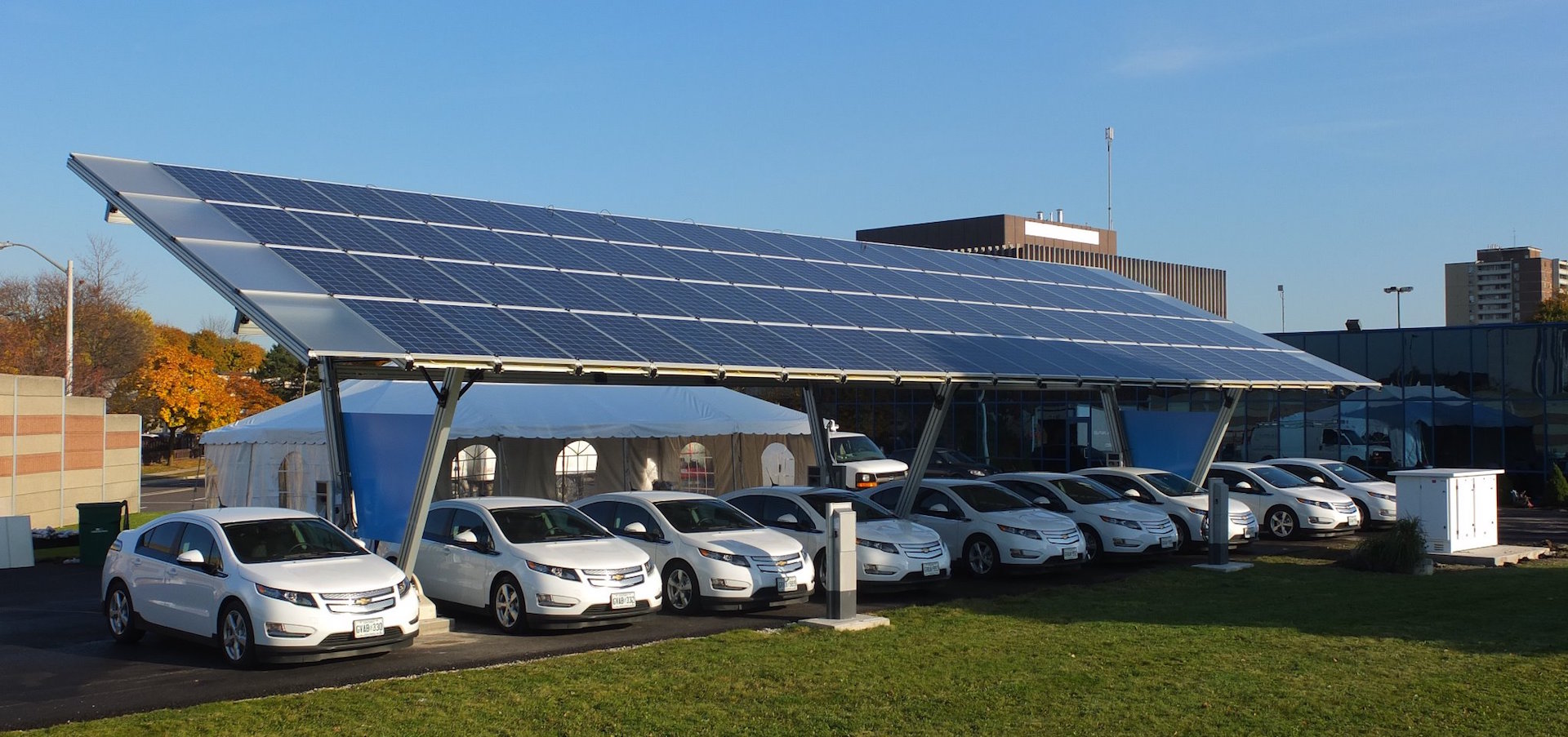
Energy is consumed in three sectors: transportation, industry, and to heat and cool buildings. Connecting these three sectors will be crucial for the energy transition’s success. The term describing this is “sector coupling” (or “Sektorkopplung” in German).
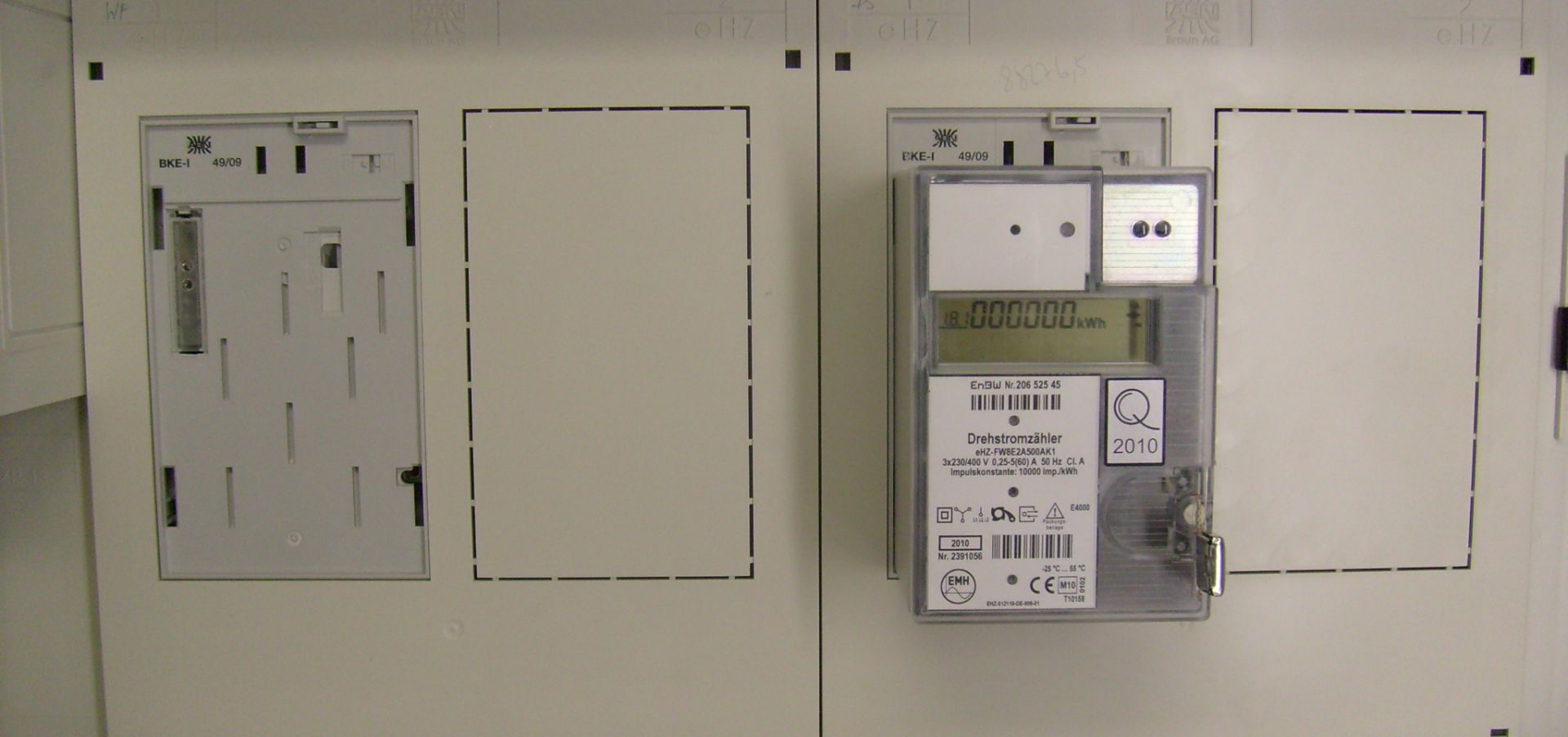
Energy efficiency refers to 1. how much of a resource is used when power is being generated, and 2. how efficiently that power is used by consumers.
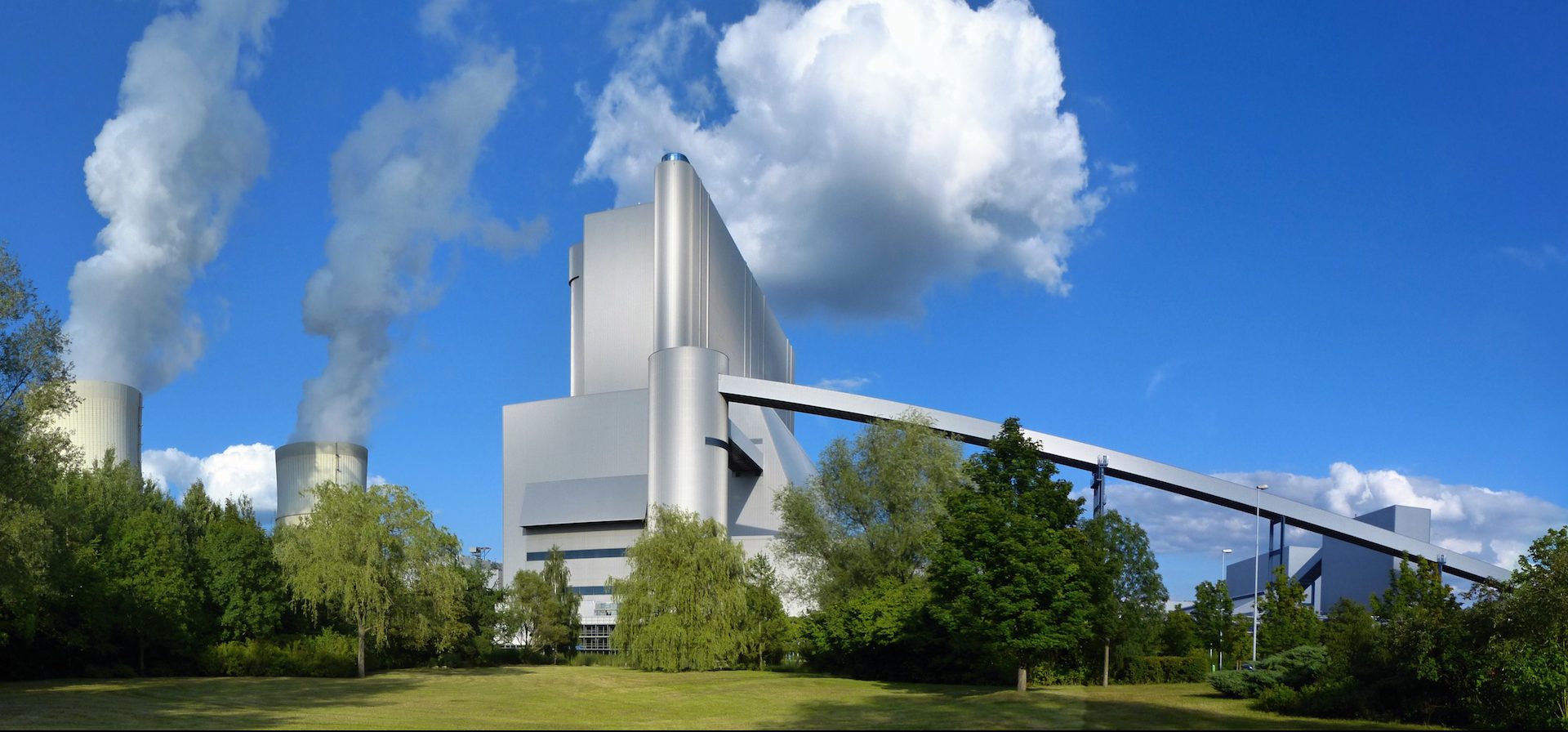
Often touted as “clean coal,” carbon capture and storage (CCS) captures pollutants and CO2 for storage. The only problem is, it’s never been successful.
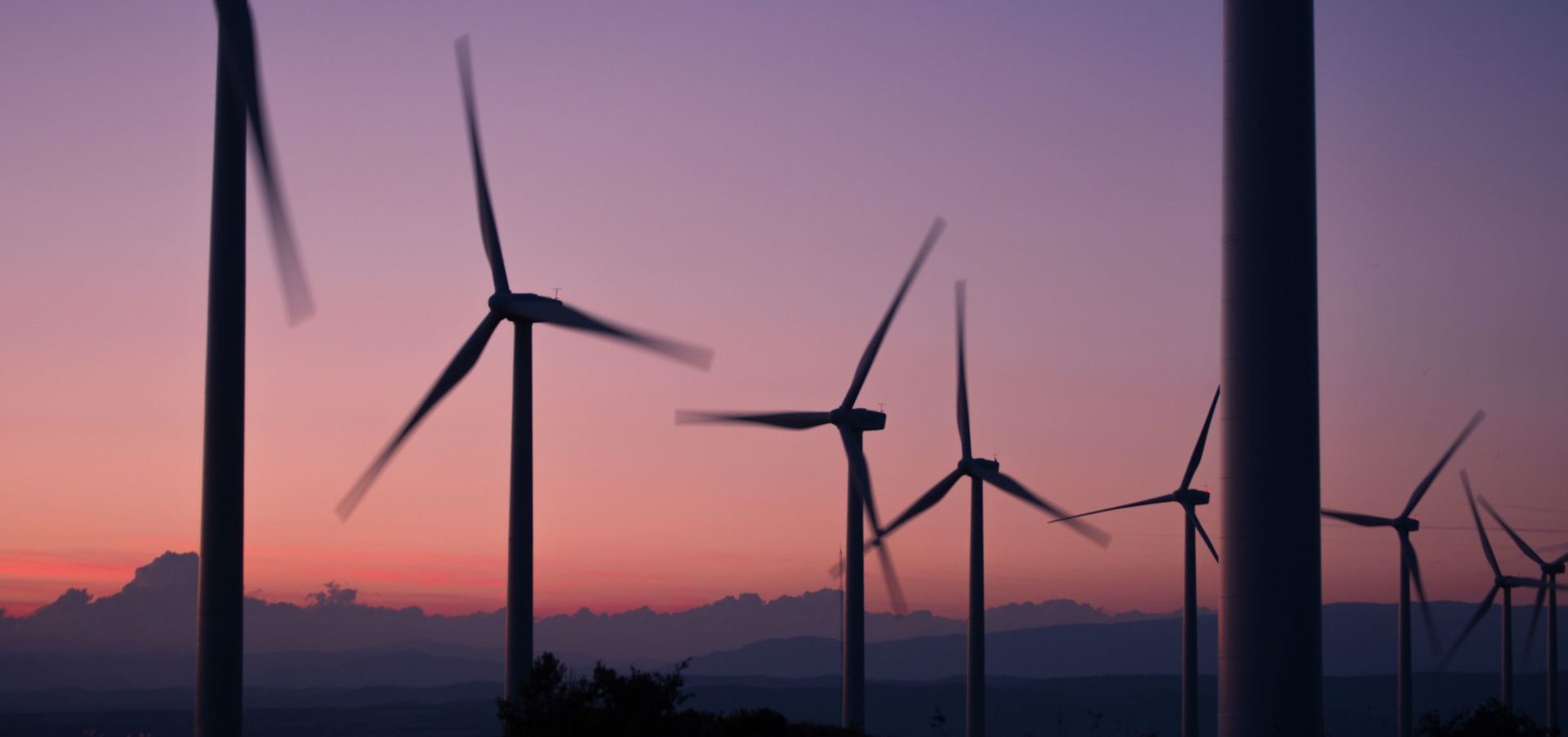
Germany began switching to renewables in the early 1990s. Nowadays, onshore wind power is the cheapest source of new renewable power and made up around 20 percent of the country’s power production in 2018.
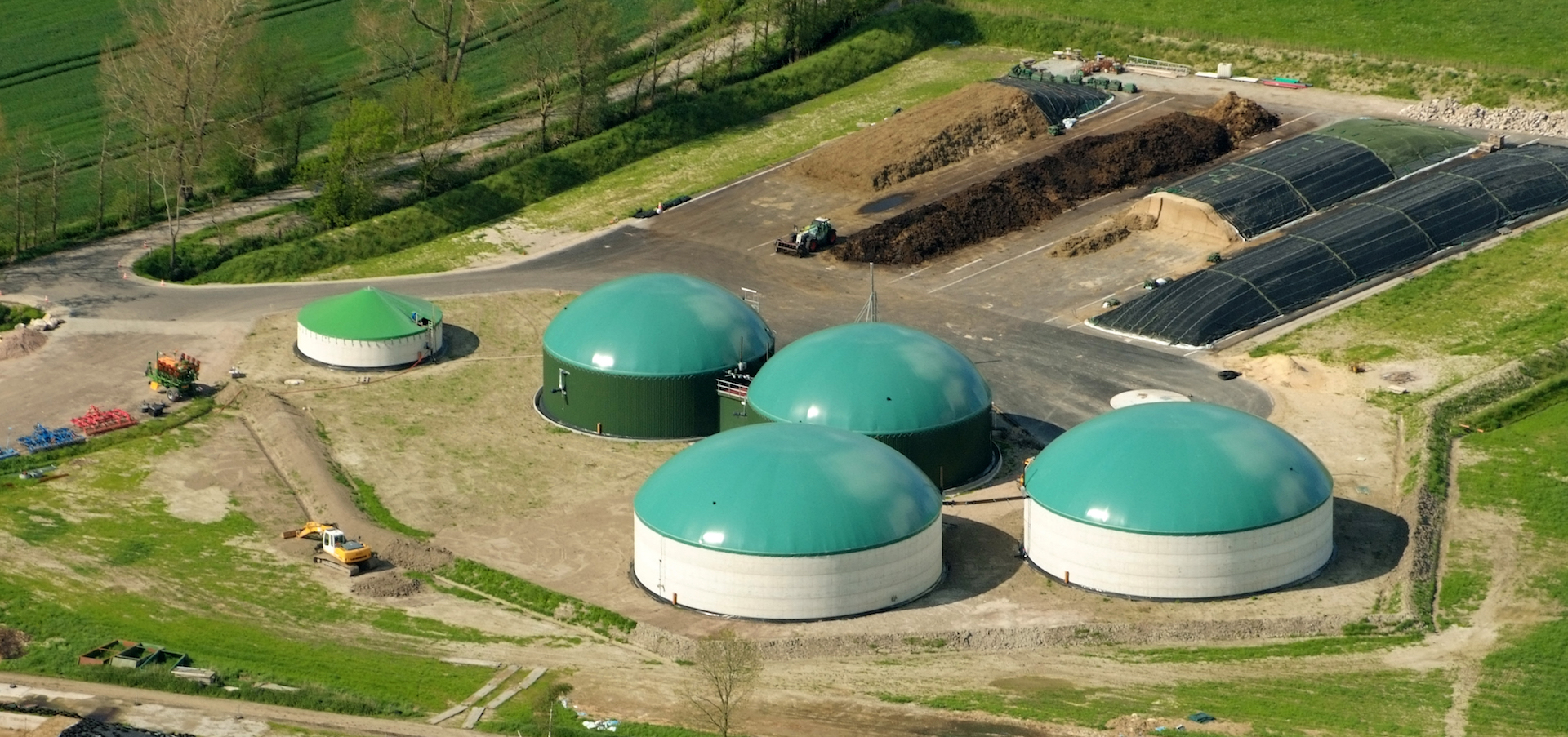
Biomass usually means ethanol, biodiesel, biogas and wood pellets made from plants and waste products. It is the most versatile type of renewable energy as it can provide heat, energy and fuel.
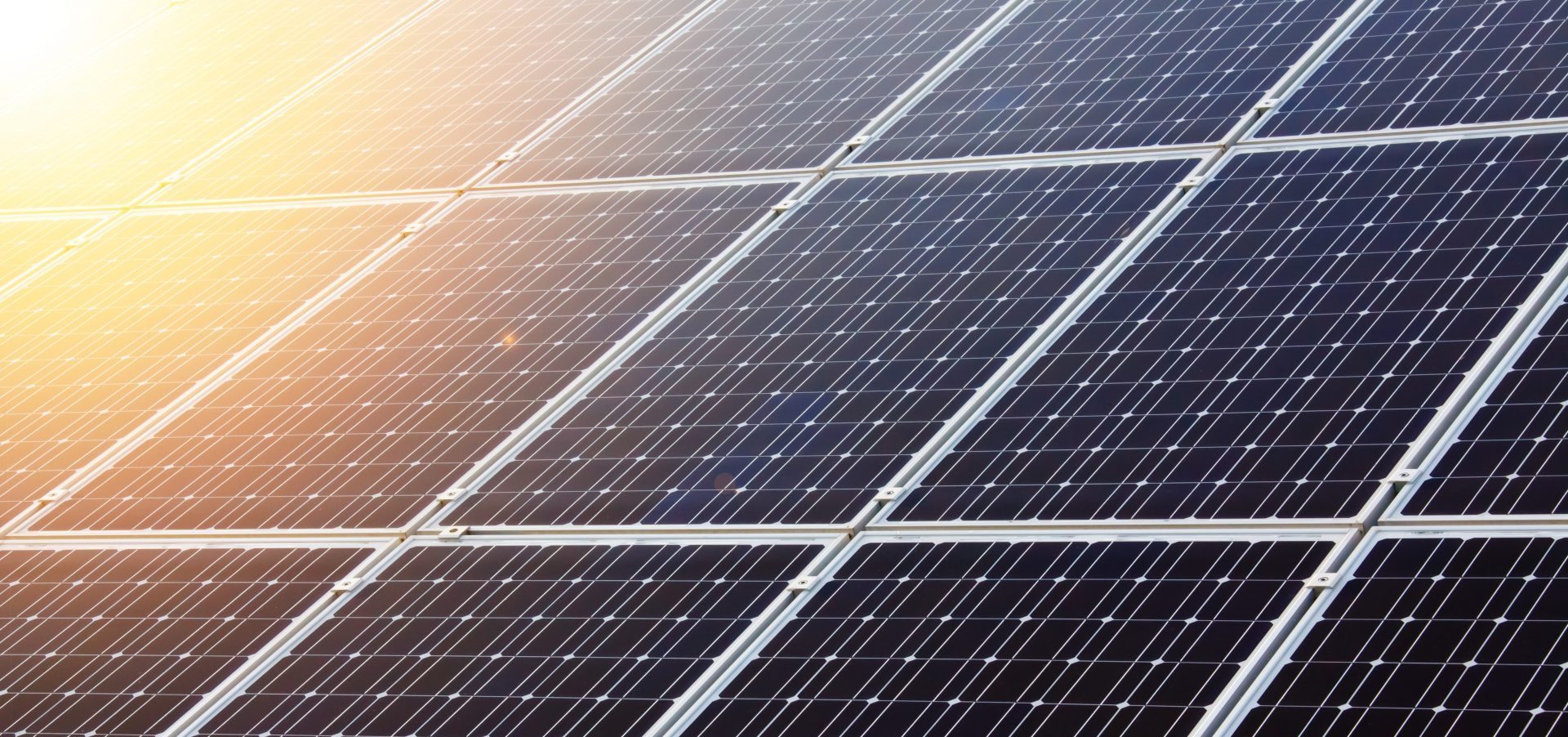
Germany has helped to make solar power inexpensive for the world. The challenge now is to integrate large amounts of solar power in the country’s power supply.

When heat is generated from renewable energy – such as biomass and solar thermal – one speaks of “renewable heat,” but the term can also encompass the recovery of waste heat for heating applications.
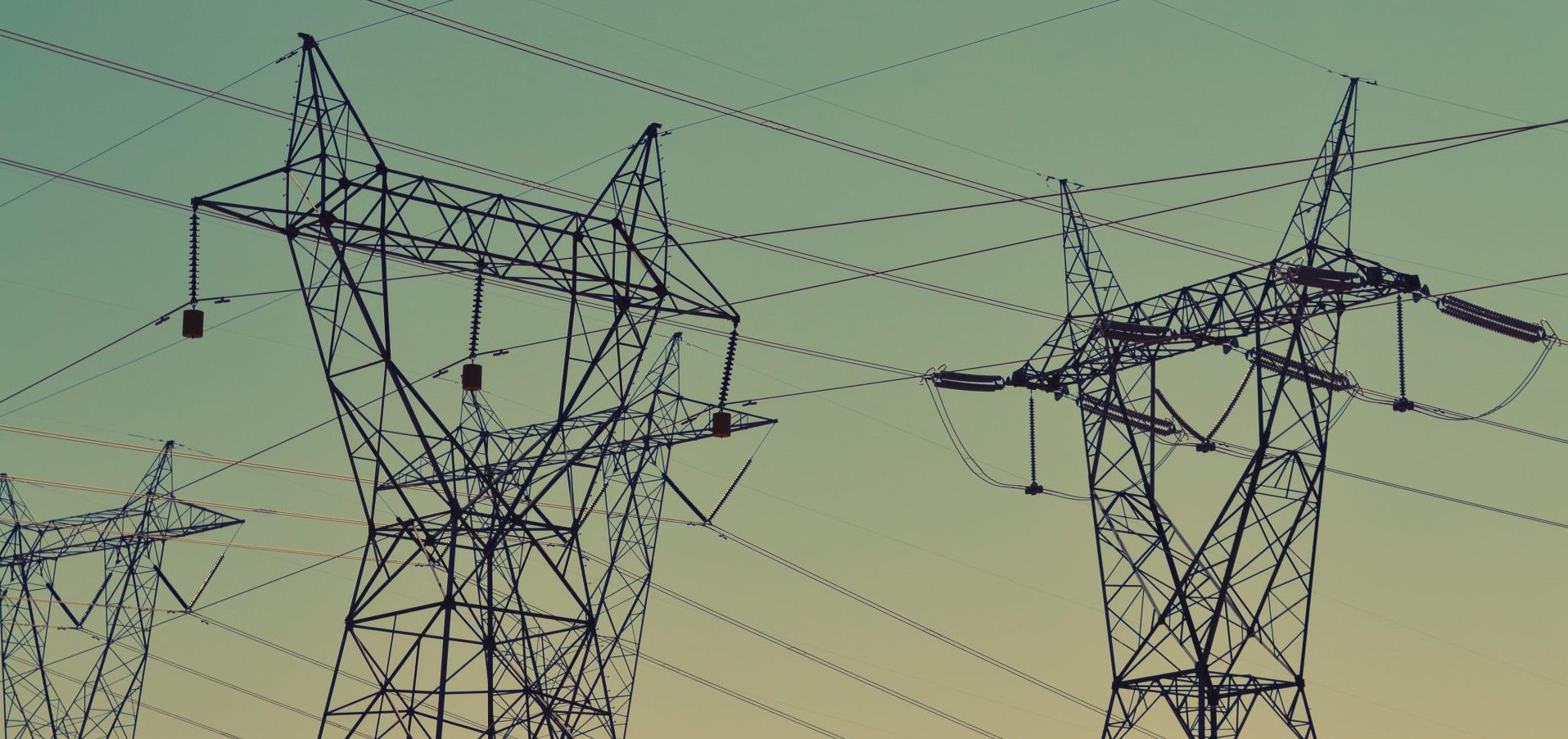
A power system designed around renewable energy must both be flexible and allow for power storage. Rather than relying on “baseload” power like coal and nuclear, Germany is trying to switch to a supply-based model.

Digitalization when referring to the energy sector is about the collection and analysis of data on energy use. It can range from being able to track your power consumption online to the ‘internet of things’ where devices from toasters to thermostats communicate and interact.
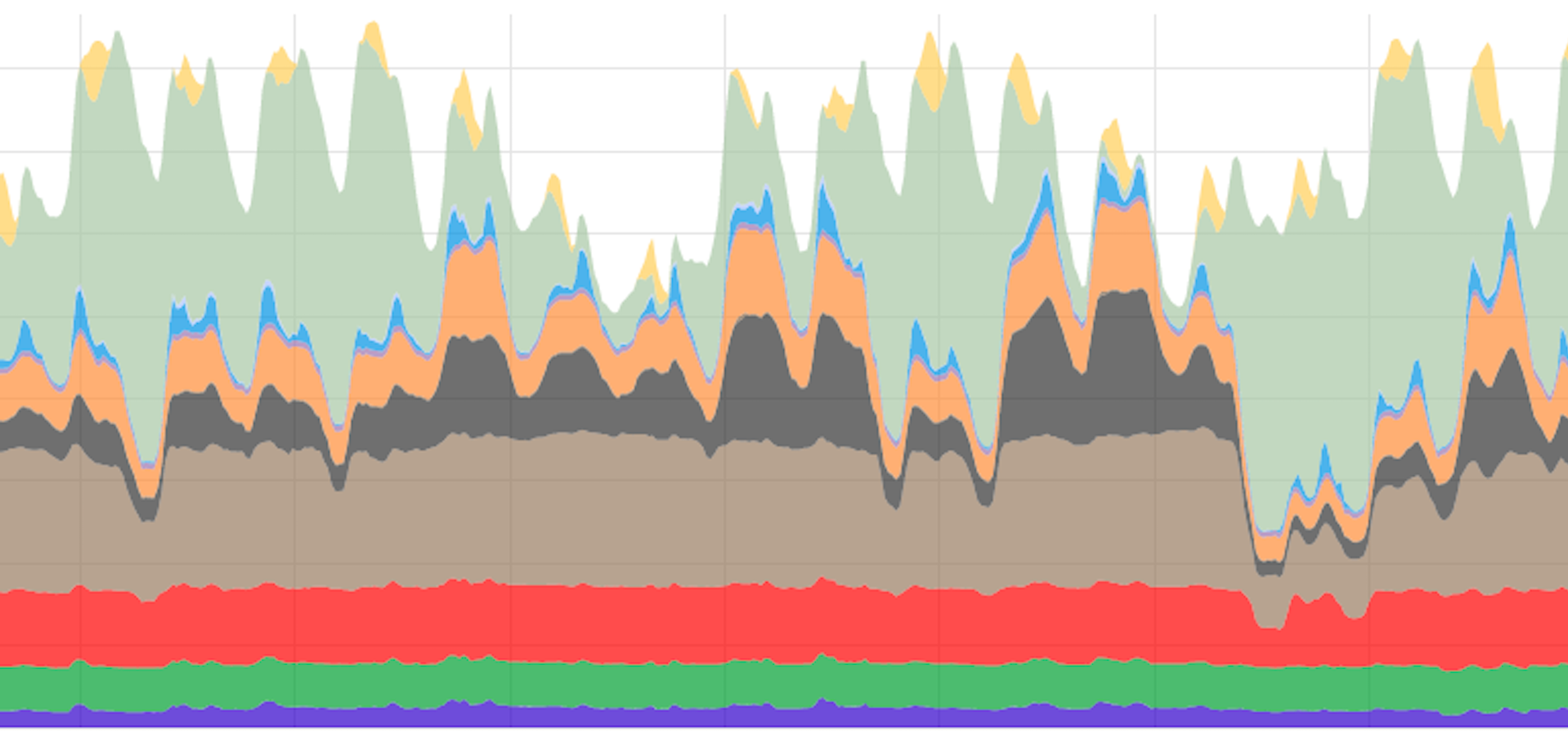
To complement renewables, we will need power plants that can change how much energy they produce relatively quickly. To pay for such reserve generating capacity, the power market will need to be redesigned.









